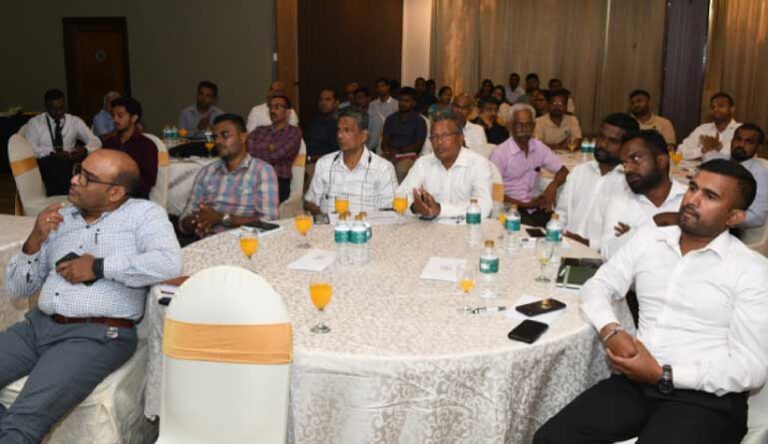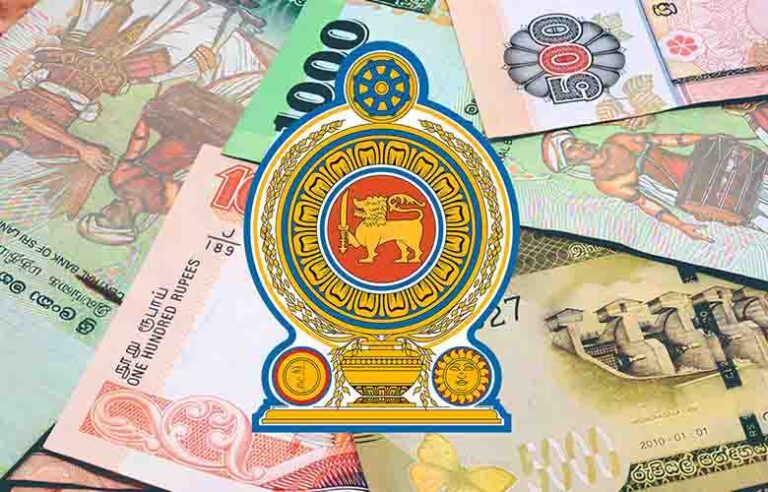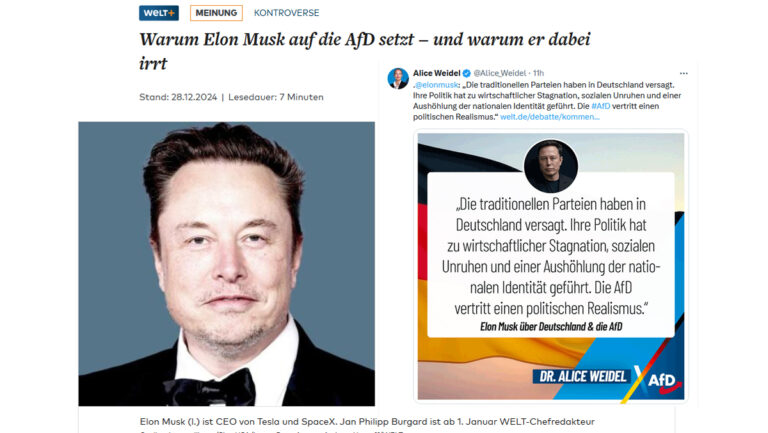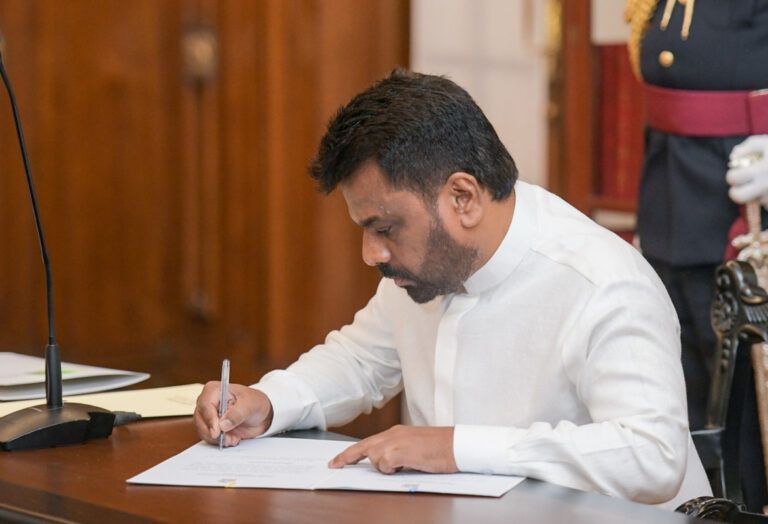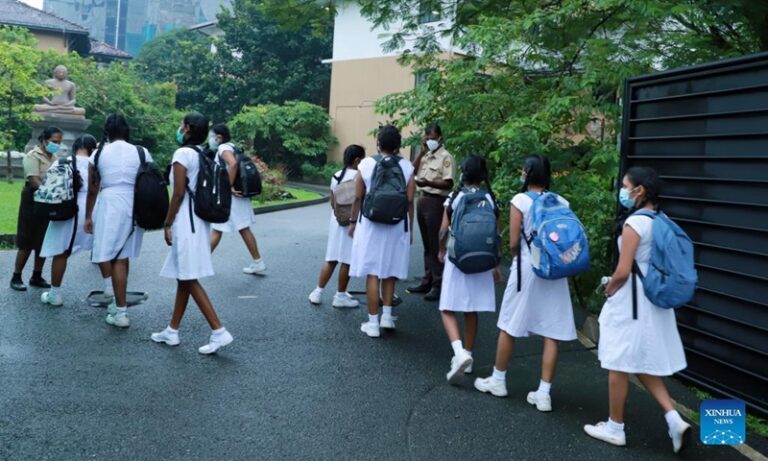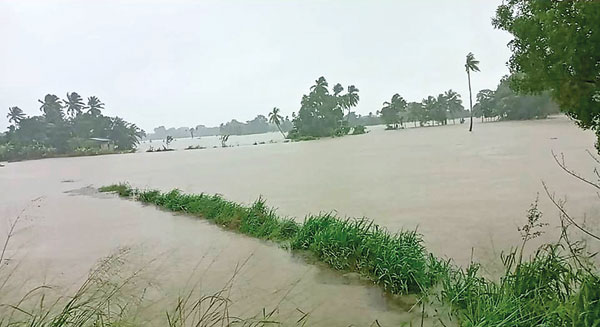By: Staff Writer
December 30, Colombo (LNW): Sri Lanka is making significant strides to strengthen its Fairtrade network and promote sustainable exports through a collaborative initiative led by the Export Development Board (EDB) and the Fairtrade Network of Asia Pacific Producers (NAPP).
In December 2024, a pivotal stakeholders’ meeting was held in Colombo to discuss ongoing projects, challenges, and the future of Fairtrade in Sri Lanka.
The event united key representatives from local and international Fairtrade organizations, including EDB Chairman Mangala Wijesinghe, Fairtrade NAPP COO Bindu Sukumarapillai, and officials from the Department of Commerce, Sri Lanka Tea Board, and Coconut Development Authority.
Participants also included private sector stakeholders, reflecting broad-based support for Fairtrade initiatives.Central to the discussions was the Framework of Cooperation (FoC), an agreement designed to enhance collaboration between Sri Lanka and international Fairtrade bodies.
This framework aims to promote the country’s Fairtrade-certified products, such as tea, spices, coconut-based goods, and handicrafts, in global markets. Officially signed in January 2024, following Cabinet approval in December 2023, the FoC empowers the EDB to oversee its implementation and address policy concerns to support Fairtrade production and exports.
Sri Lanka’s Fairtrade-certified goods have gained growing demand, particularly in the European Union (EU), driven by sustainability-conscious consumers seeking ethically produced items. In 2022 alone, the country’s Fairtrade exports generated approximately €1 million, supported by 72 export companies and nearly 28,000 farmers engaged in sustainable production.
Fairtrade initiatives align with global sustainability goals by ensuring fair wages, better working conditions, and environmentally responsible practices. These efforts also support the Sustainable Development Goals (SDGs), creating a win-win situation for producers and consumers.
By reducing poverty and fostering social and environmental sustainability, Fairtrade bolsters Sri Lanka’s reputation as a reliable source of ethically produced goods.
During the meeting, EDB Chairman Mangala Wijesinghe highlighted the growing international recognition of Sri Lanka’s Fairtrade-certified products. “Sri Lanka is gaining a reputation for ethical trade, and we expect more producers to adopt Fairtrade standards as global demand continues to grow,” he remarked.
The FoC is expected to significantly increase Sri Lanka’s Fairtrade exports, particularly to the EU, through diversified product offerings and expanded market access. This initiative is poised to deliver substantial socio-economic benefits for small-scale producers, enabling them to improve their livelihoods while boosting the country’s foreign exchange earnings.
As the meeting concluded, stakeholders reaffirmed their commitment to strengthening the Fairtrade movement in Sri Lanka. The EDB expressed optimism about the country’s ability to capitalize on the growing demand for ethically sourced products, further enhancing its global market presence and supporting local communities.
With Fairtrade gaining momentum, Sri Lanka is well-positioned to expand its sustainable exports, contributing to the economy and fostering a better future for its producers.


